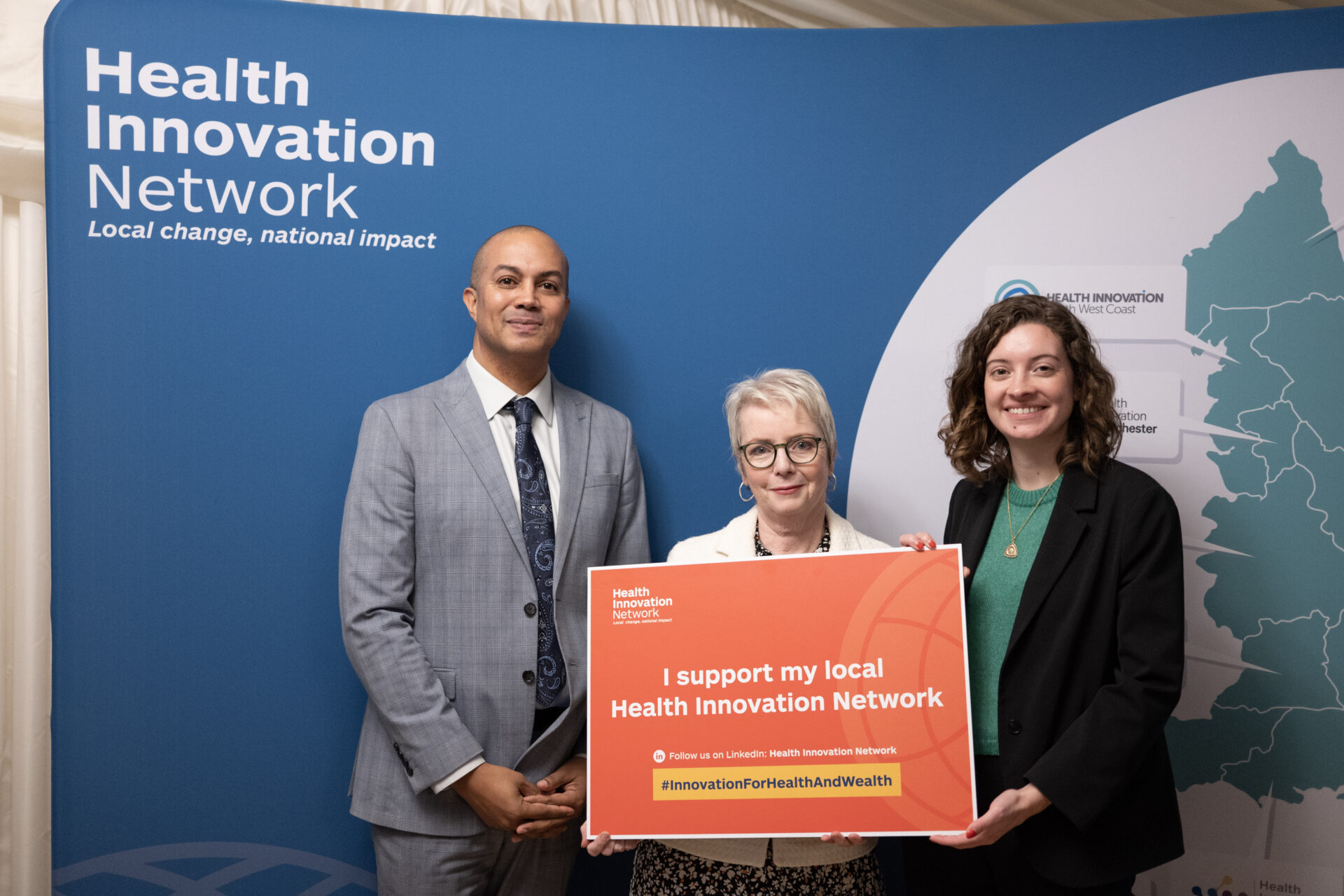New draft guidance published by NICE – the National Institute for Health and Care Excellence recommends the use of the digital technology ‘QbTest’ to help diagnose ADHD in children and young people.
QbTest is a technology that supports objective assessment within the ADHD diagnosis pathway, helping to supplement clinical judgement by measuring a patient’s attention, impulsivity, and motor activity – the three are core symptoms of ADHD.
Developed by company Qbtech, the technology has been rolled out across England from 2020 as part of our Focus ADHD national programme, led by the 15 local networks.
A total of 79 NHS trusts have adopted the technology since 2020 – around three quarters of all trusts that provide ADHD diagnosis – benefiting more than 70,000 young people.
Evaluation of the technology within the East Midlands showed it can help speed up the time from assessment to diagnosis reduced by an average of 153 days.
This increases staff capacity by reducing the number of appointments needed for diagnosis, and since April 2020 an estimated 20,439 NHS appointments have been freed up across England.
This has saved the NHS an estimated £24m, enabling redirection of resources to other parts of the ADHD care pathway, and is a great example of local change having a national impact.
NICE’s draft guidelines on the diagnosis and management of ADHD were published on 16 July; a consultation is underway and comments can be submitted up to 6 August 2024.
Find out more about the Health Innovation Network’s Focus ADHD national programme and meet Tony Doyle, Managing Director of Qbtech in our ‘Meet the Innovator’ interview.

Join us on 11 and 12 June in Manchester to find out how the Health Innovation Network is improving health and driving wealth through health innovation. This year we’ll be joined on our stand by 18 Network-supported innovators, showcasing innovations which are helping to deliver the Government’s three shifts for the NHS and solve some [...]

The Health Innovation Network is delighted to announce the launch of Innovation Insights, a brand-new webinar series designed to highlight the latest in health innovation, offering attendees valuable insights into the adoption and spread of innovation within the health and care landscape. Each interactive webinar will feature: Expert presentations: Delivered by thought leaders across [...]

The Health Innovation Network, at an event sponsored by Sarah Coombes MP, brought together parliamentarians including Health Minister Karin Smyth MP and Chair of the Science, Innovation and Technology Committee, Chi Onwurah MP to meet with six innovators supported by health innovation networks across the country and their NHS partners. At the Meet the Innovators: [...]






